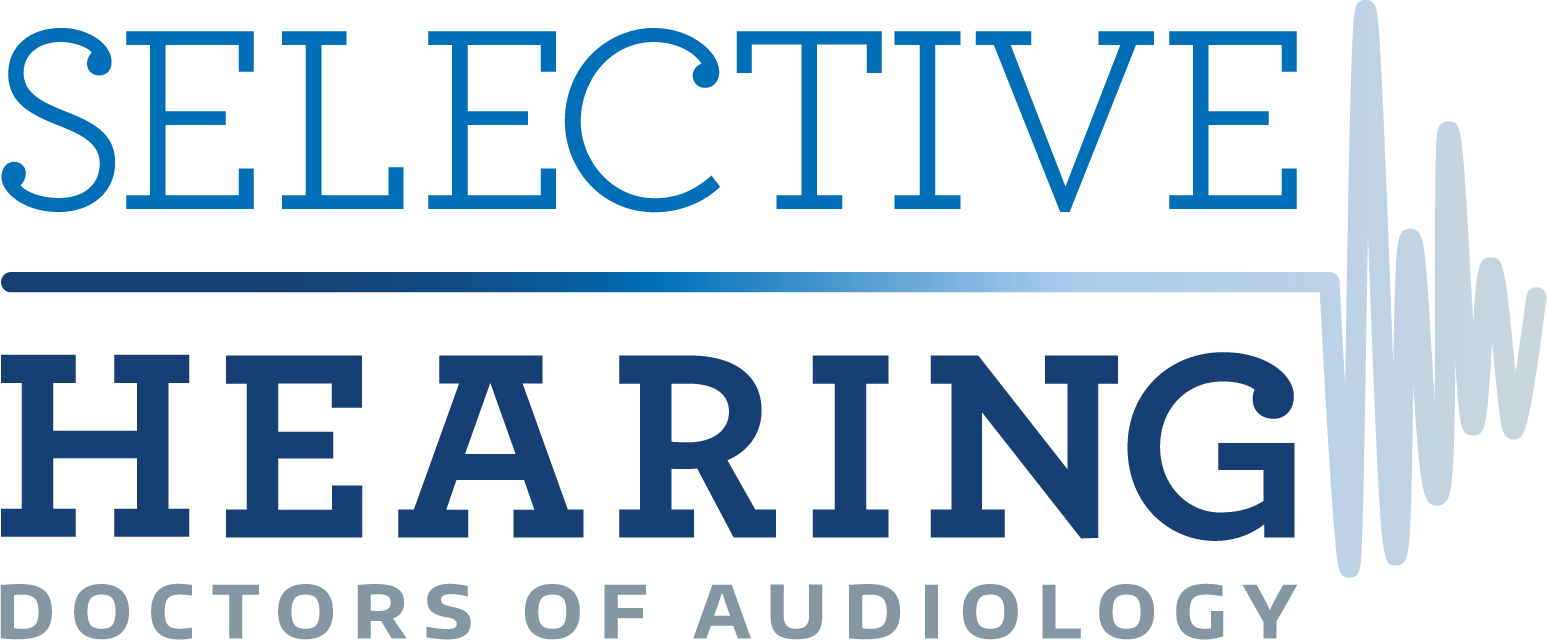When we discover we need help with our hearing, it can feel discouraging. Untreated hearing problems can result in many other conditions ranging in severity from depression and isolation to increased risks of falls, accidents, and injuries. It has also been linked to higher risks of dementia and Alzheimer’s.
That’s why it’s crucial to get the help you need as soon as possible.
But when it comes to hearing loss treatment, how can you know which is right for you: an Audiologist or a Hearing Instrument Specialist?
In this post, you will learn the differences between the two.
Hearing Instrument Specialist
Education Requirements
These individuals must be 18 years or older and have, at least, a high school diploma. While some employers of hearing instrument specialists might prefer to hire those with a bachelor’s degree, it is not required.
Some states also require that these professionals pass and receive a state license, but not every state does.
Also, some employers require a professional certification such as one from the National Board for Certification in Hearing Instrument Sciences but not all do. For individuals to take the certification exam, they must possess a current state dispensing license. They should have either two years of relevant work experience or an approved college diploma.
Skill Requirements
As with any profession that involves working with patients, hearing instrument specialists need to be good at communication and interpersonal skills.
They must also possess excellent organizational skills that can assist them in maintaining patient records. Technical skills are also essential to being able to fit their clients with the right hearing devices properly.
Mainly, a hearing aid specialist can perform hearing tests and fit their clients with hearing aids. They can also instruct their clients on the proper care and maintenance of their hearing devices.
Hearing Instrument Specialists can work independently at a dispensary, in a hospital/hospice setting, or as an assistant to audiologists.
Audiologists
Education Requirements
Aspiring audiologists must first go to school for four years to earn a Bachelor’s degree. Once they accomplish this, they can choose to either pursue a Master’s Degree or attempt to pursue their doctorate without one. However, the American Speech-Language-Hearing Association (ASHA) requires that all audiologists have a Master’s Degree in addition to the doctorate, while the American Board of Audiology (ABA) does not require a Master’s Degree.
At the minimum, an audiologist’s education requirements involve at least eight years of education and as much as 12 years, depending on the type of certification they are seeking.
Their education includes (but is not limited to) the in-depth medical study of communication-related sciences such as:
- Anatomy
- Biology
- Speech/Hearing Sciences
- Physiology
- Diagnostics/Treatments
- Genetics
- Communication Development
- Pharmacology
For their doctorates, audiologists must attend a doctoral program that is accredited by the Council on Academic Accreditation in Audiology and Speech-Language Pathology (CAA).
In addition to these educational requirements, the U.S. Bureau of Labor Statistics reports that audiologists must complete up to 375 hours of supervised clinical experience, pass a national exam, and complete nine months of post-grad professional clinical work.
Skill Requirements
Like hearing instrument specialists, audiologists must also possess excellent communication and organizational skills. However, they must also be well-versed in such things as:
- Problem-solving skills
- Data Analysis
- Counseling skills
- Basic computer skills
- People skills
- Communication skills
- Understanding of basic psychology
While hearing aid specialists can perform hearing tests and educate their clients with hearing aids, audiologists can do this plus much more.
An audiologist has a much more profound understanding of the complex structure of our ears and how they affect our lives. Because of this, they can perform diagnostics to understand the underlying cause of hearing loss which can also assist in helping related issues such as those with balance and headaches.
By performing these tests and diagnosing the problems associated with hearing loss, audiologists can make medical suggestions and guide their patients on the best course(s) of action to assist them to have a higher quality of life.
Which Do You Need?
Essentially, determining which type of expert you need depends on what kind of issue you are experiencing.
Undiagnosed hearing loss can be the result of something that a hearing aid specialist cannot diagnose or identify. Often, we may not realize we’re experiencing hearing loss until it’s abundantly clear or someone points out that we don’t hear as well as we used to.
Since hearing aid specialists are not medically trained in audiology and diagnostics, they are not qualified to diagnose hearing issues. They aren’t able to suggest the best medical options available to you.
If you have already worked with an audiologist and need assistance with repairs or want to explore different hearing aids; a hearing instrument specialist might be your best choice.
Ultimately, hearing loss is a global issue that affects millions of people. ASHA reports it as the “third most prevalent chronic health condition facing older adults” but for which only 20 percent of individuals who would benefit from treatment, seek it.
If you or someone you love is experiencing hearing loss, contact us today to schedule an appointment or request a callback and we will be in touch as soon as possible.

